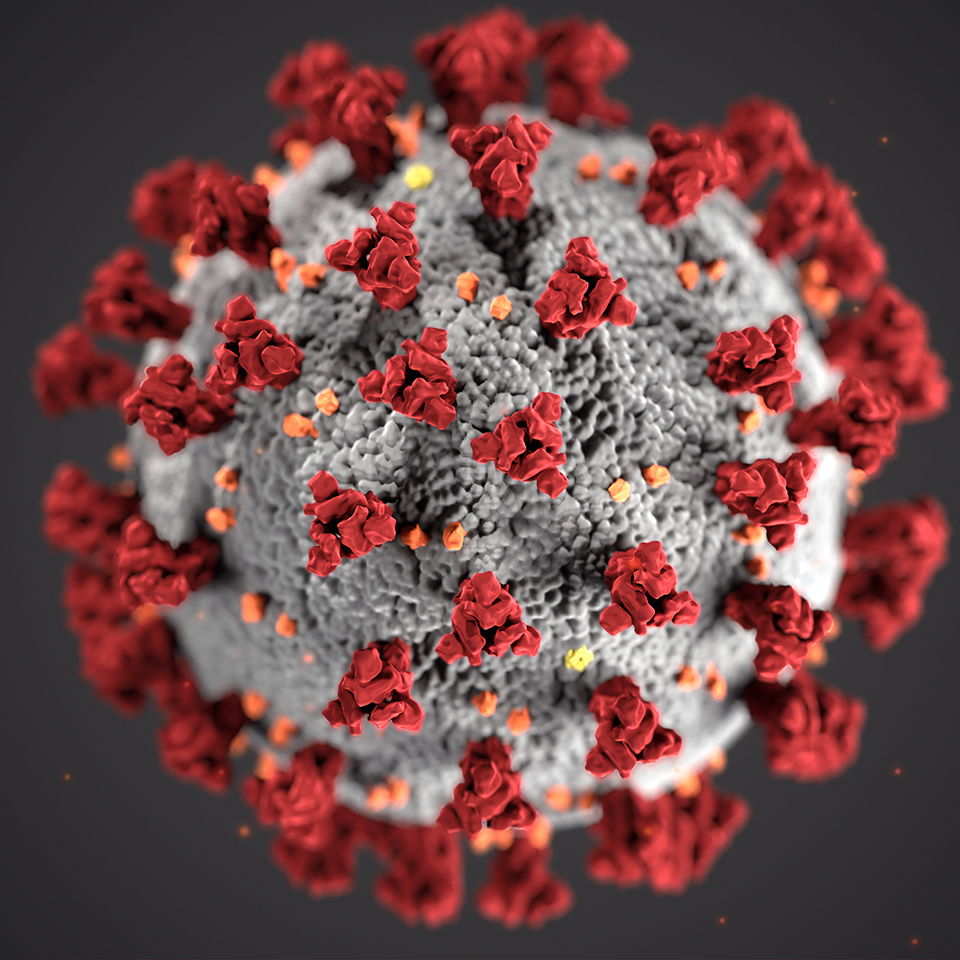Yesterday, our clinic’s medical staff held another meeting to debrief about the coronavirus. The intent of the gathering was to review the state of the pandemic, presenting symptoms, triage protocols, and the proper use of personal protective equipment. As my colleague Dr. Johnson (not his true name) capably walked us through the complex, multi-step process of “donning and doffing” our gowns, masks, face shields, and gloves (as well as demonstrating with a swab up his nose how to acquire the nasopharyngeal swab for the COVID-19 PCR diagnostic test), I began to wonder: What do I really know about this virus and our very human reaction to it?
Less than I think. And I, like you, have questions. Lots of questions. And I bet they’re very similar to yours.
With respect to the disease itself: while there are websites (most notably from Johns Hopkins University) tallying the number of confirmed cases, hospitalizations, and deaths attributable to COVID-19, what is the true denominator?
In other words, how much greater is the incidence of disease when considering the unreported cases (those who stay home and have mild-moderate illness) and as a result, how much lower than two percent is the true mortality rate?
- How much will the mortality rate increase—not due to untreatable illness but to lack of access to proper hospital beds and ventilatory support?
- What is the likelihood that this virus will mutate?
- Will those who recover from illness be truly immune going forward?
- Why (thank God) is this illness less consequential for children and young adults?
- Will collective efforts to minimize travel and group exposure curtail spread and bring this pandemic to a quicker conclusion?
- In the midst of short-term economic chaos, what is the likelihood of and timeframe for long-term recovery?
I don’t know. Some of these questions will simply require more research, while others will demand patience and time as the pandemic continues to unfold.
But then, I got to thinking more deeply about our human reaction:
- Why do some people steal masks and face shields from clinic and hospital supplies?
- Why do certain people clear the shelf of toilet paper and Children’s Tylenol?
- What makes one person dismiss advice on self-quarantining and expose hundreds—if not thousands—of unsuspecting contacts to the disease?
- What makes people so opinionated and irate about the management of an unprecedented (in our lifetime) infectious event?
Again, I don’t know. A lot of it is fear of the loss of control. We each carry degrees of anxiety surrounding the well-being of ourselves and our loved ones. We have a sniffle or a cough and immediately think the worst. We see others selling stocks, hoarding toilet paper, and calling for testing and, consequently, wonder if we should be doing the same.
But here is what I do know, and I hope you know similar things:
- I know that when I went to my local convenience store this morning, the cashier smiled and double bagged my purchase so it wouldn’t bottom out in the parking lot.
- I know that a patient ill with presumed coronavirus called me about next steps because he didn’t want to endanger his family or the public.
- I know that my medical assistant shows up every day and is eager to help my worried patients.
- I know that someone is still ensuring that my mail is coming, my electricity is on, and my water is still working.
- I know that my financial planner has emailed me and countless others many times counseling us to hold tight and take the longer view.
- I know that my wife kissed me good morning, my one daughter smiled as I quizzed her on cellular organelles, while the other grinned while discussing her science project on rotting pears.
- I know that they love me forever and without condition.
- I know that though Mass does not offer the Precious Blood and we don’t pass the peace, we are still in the presence of Christ and we are still bound to our brothers and sisters.
- I know that people are praying hard and I know that prayers will be answered.
Jesus is no stranger to suffering. And when he promises us that he is with us until the end of the age, or that worrying will not change a hair on our head, he means it.
When St. Paul, knocked blind off his horse and onto his keister tells us, “For I am convinced that neither death, nor life, nor angels, nor principalities, nor present things, nor future things, nor powers, nor height, nor depth, nor any other creature will be able to separate us from the love of God in Christ Jesus our Lord” (Rom. 8:38-39), he knows what he is talking about.
G.K. Chesterton once reminded, “Hope means hoping when things are hopeless, or it is no virtue at all. And faith means believing the incredible, or it is no virtue at all.”
Our situation with the coronavirus (or otherwise) is never hopeless or incredible (in the truest sense of the word) as long as Christ is our King.
Over the last few days as the coronavirus drew ever nearer to my community, a fragment of a Robert Frost poem kept coming to my mind:
Sea waves are green and wet
But up from where they die
Rise others vaster yet
What do I know about the coronavirus?
I know that it too shall pass—and in its wake shall rise the vastness of God’s love, mercy, and recovery.

